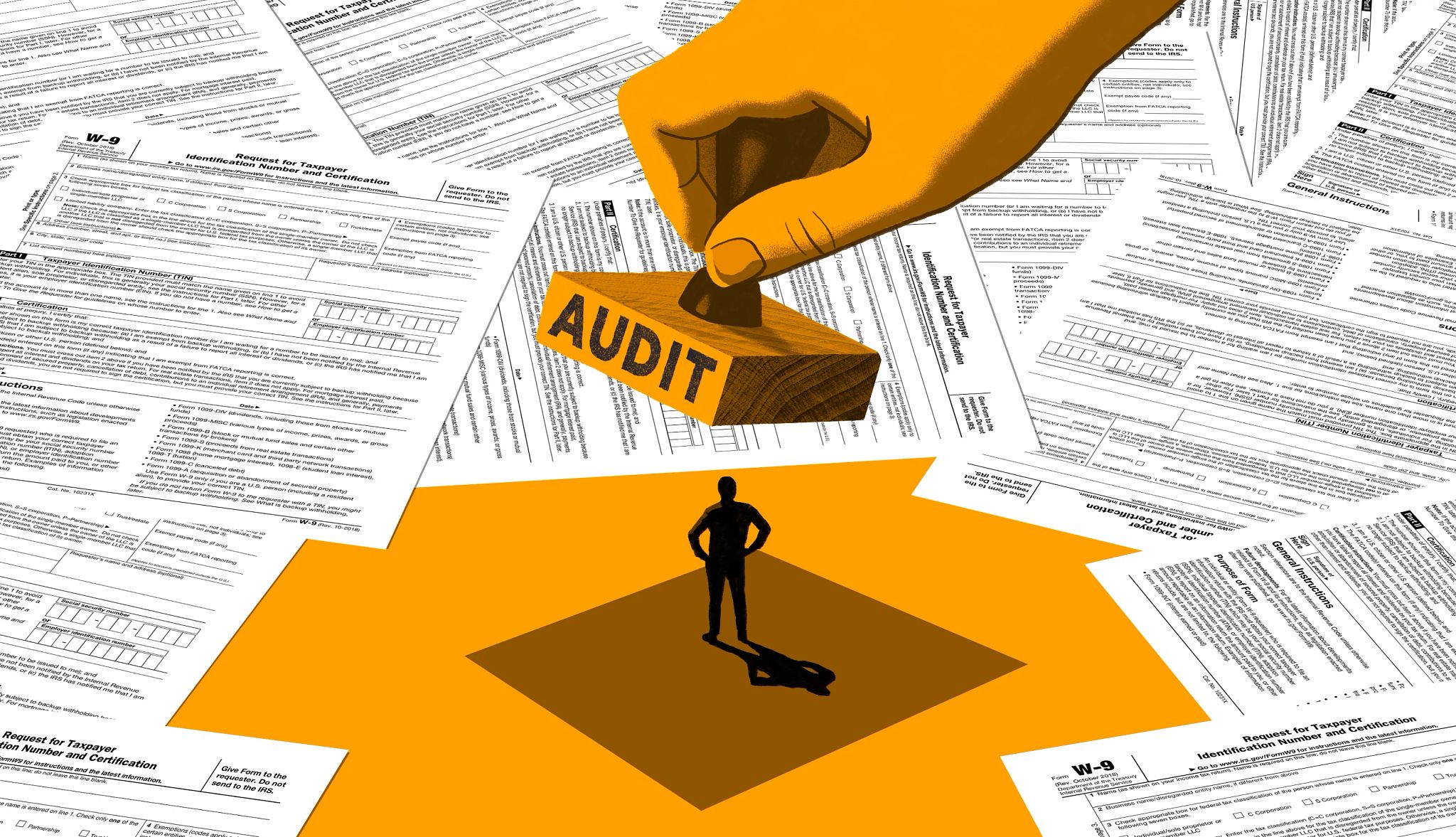
Filing your taxes can seem like a daunting task. But it’s crucial to avoid common mistakes that could catch the IRS’s attention. Ignoring these errors might lead to an audit. You don’t want that stress. Knowing what to avoid can save you time and trouble. For instance, incorrect math on your forms can lead to problems. Missing signatures or forgetting to report all your income are also triggers. To help, many turn to tax services in Floral Park, Nassau County. These services guide you and prevent missteps. They understand the ins and outs of tax filings. Their expertise ensures accuracy and compliance. By being vigilant, you lower your audit risk significantly. Remember, the goal is to file correctly the first time. Paying attention to detail now means less hassle later. Avoid these common mistakes. Protect yourself from unnecessary audits by getting it right.
1. Incorrect Math Calculations
Simple math errors are one of the most common triggers for IRS audits. A minor mistake can cause discrepancies, prompting the IRS to take a closer look. Ensuring accuracy in calculations is crucial. Double-check every number. Use calculators or tax software to minimize mistakes. Remember, mathematical precision can save you from unnecessary scrutiny.
2. Missing or Incorrect Signatures
Forgetting to sign your tax return is a common oversight. An unsigned form is considered invalid, leading to processing delays. The IRS might flag your return, increasing audit chances. Always verify all signatures before submission. If filing jointly, both signatures are needed. Taking a moment to check can protect your peace of mind.
3. Failing to Report All Income
All income must be reported, no matter how small. This includes side jobs, freelance work, and investments. The IRS receives copies of the income-related forms you get, such as W-2s and 1099s. Ensure that your return matches these records. Discrepancies can raise red flags. To understand more about reporting requirements, visit the IRS official website.
4. Claiming Unverified Deductions
While deductions can lower your taxable income, they must be legitimate. Claiming deductions without proper documentation can lead to audits. Keep records of all receipts and paperwork. This helps substantiate your claims if questioned. For a detailed guide on deductions, check the Small Business Administration’s tax guide.
Common Mistakes and Consequences
| Mistake | Possible Consequences |
|---|---|
| Incorrect Math | Delayed processing, possible audit. |
| Missing Signatures | Return rejection, increased audit likelihood. |
| Unreported Income | Fines, penalties, audit. |
| Unverified Deductions | Audits, additional taxes owed. |
Steps to Ensure Accurate Filing
To avoid these common pitfalls, follow a few simple steps. First, organize your paperwork early. Gather all necessary forms and receipts. Next, consider using tax software or a professional service for guidance. Always review your return before submission. Check for errors and verify all information. Finally, keep copies of your filed returns and supporting documents. This practice helps in case of future audits.
When to Seek Professional Help
Complex tax situations may require expert assistance. Owning a business, having multiple income streams, or dealing with complicated deductions can be challenging. Professional tax services offer expertise and peace of mind. They stay updated with tax laws and ensure compliance. If you’re uncertain, seeking help can be a wise decision.
By being aware of these common mistakes, you can avoid IRS audits and the headaches they bring. Preparation and attention to detail are your best defenses. Remember to use available resources, such as tax services and official guides, to help you file accurately. A little vigilance now can save significant stress later.
